Rethinking our diet during Covid-19 times
At Sparknews, we believe that they can also be great opportunities to adapt and rethink our relations with the world. As a team who wants to ignite new narratives that can accelerate the ecological and social transition, we can’t avoid asking ourselves what will be the shape of the global collective story emerging from the current worldwide sanitary emergency. In this week #SparkMinute, let’s focus on our diet with local examples of solidarity, of businesses rethinking their models, and of articles and opinions that can nourish our imagination.
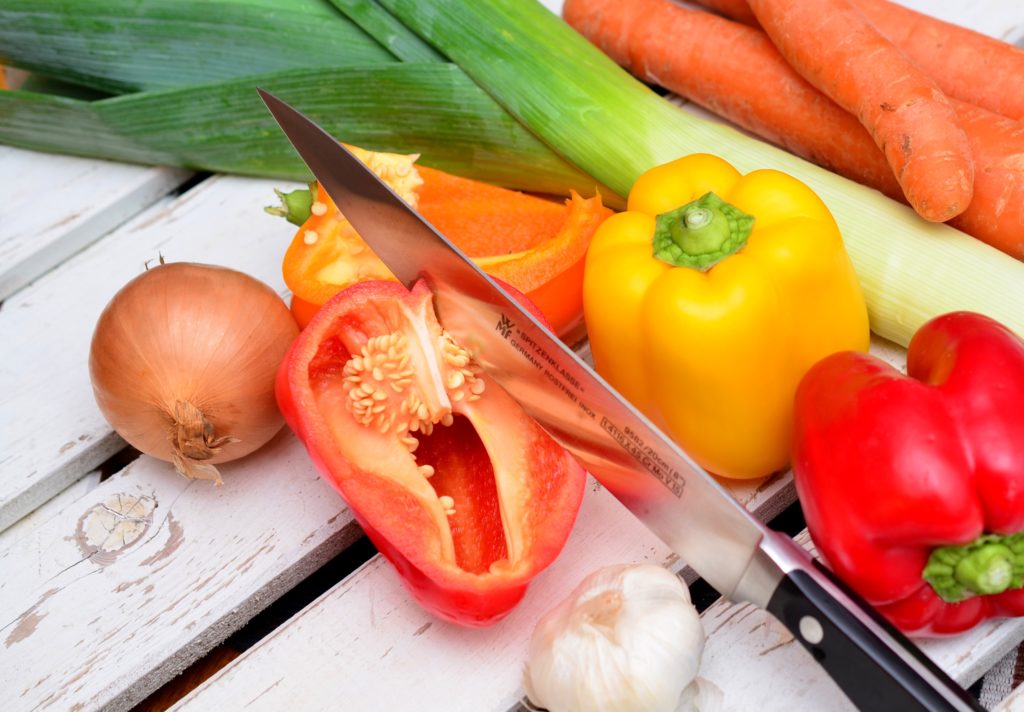
Baby, gotta put food on the table – Jill Scott
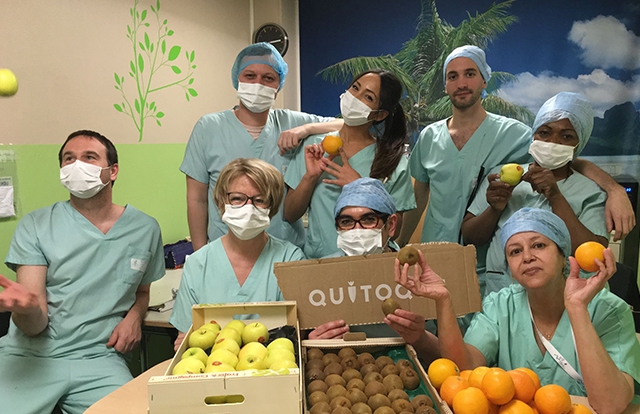
When organizations walk the extra mile
The British brewery Toast Ale was known for using surplus bread to produce their beer. Amid the coronavirus outbreak, the B-Corp launched a ‘meal deal’ initiative, committing profits from their online sales. One meal is donated for every bottle or can of beer purchased.
Farmers are not the only essential workers in the food industry. Minnesotan grocery stores’ employees are now being deemed ‘emergency personnel’, so districts must make every effort to provide free childcare for these workers’ school-age children. An article to read on US News.
The American nonprofit Made In Hackey used to offer free community cooking lessons for vulnerable people. With help from the vegan meat company This, they have now started offering a free food delivery service, currently serving 350 meals a day. In Glasgow, the owner of the restaurant 1051GWR has adapted the kitchens to scale-up its meal-making capacity. While crowdfunding to buy raw ingredients and bringing volunteers on board, they have been distributing free meals to around 500 people a day.
In order to provide free rice for people out of work due to the coronavirus crisis, dispensers dubbed ‘rice ATMs’ have been set up across Vietnam. Hoang Tuan Anh, a Vietnamese entrepreneur, came up with this idea of a self-catering rice machine, capable of delivering 3 kg of rice per person each day. Donors and local governments provide the rice. On their first day open for business, the ATMs distributed 2.3 tonnes of rice to more than 700 people in Hanoi, and they will continue to serve people until the rice runs out.
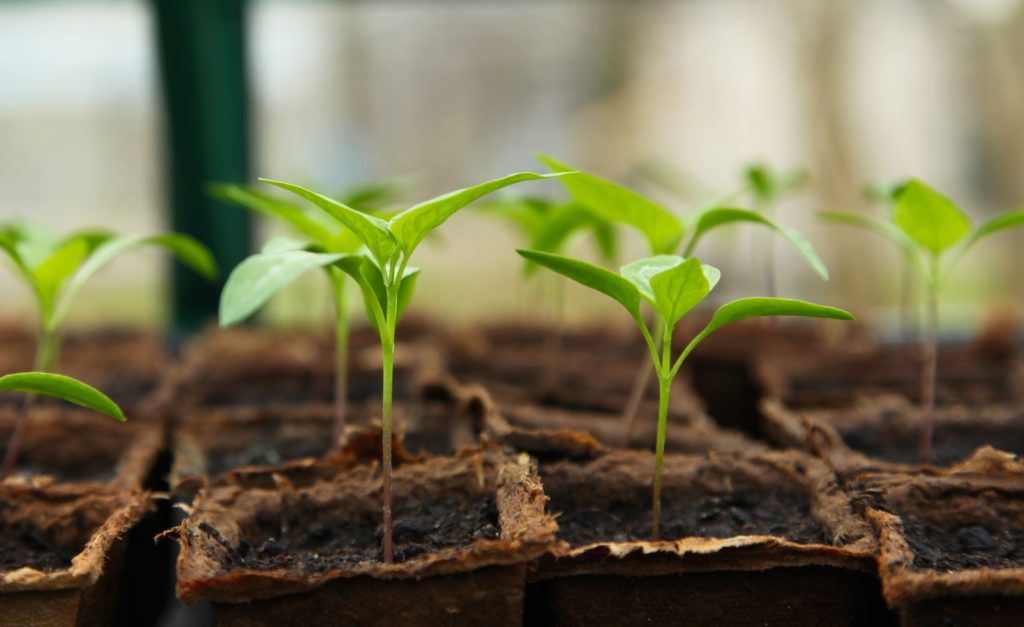
Local initiatives against global disorder
On March 30, Philadelphia launched a no-questions-asked programme that has distributed more than 72,000 free boxes of food so far. The local government partnered with two food banks — Philabundance and Share Food Program—, which rely on donations from grocery stores, farmers, manufacturers and wholesalers, as well as the help of a rotating staff of up to 100 volunteers.
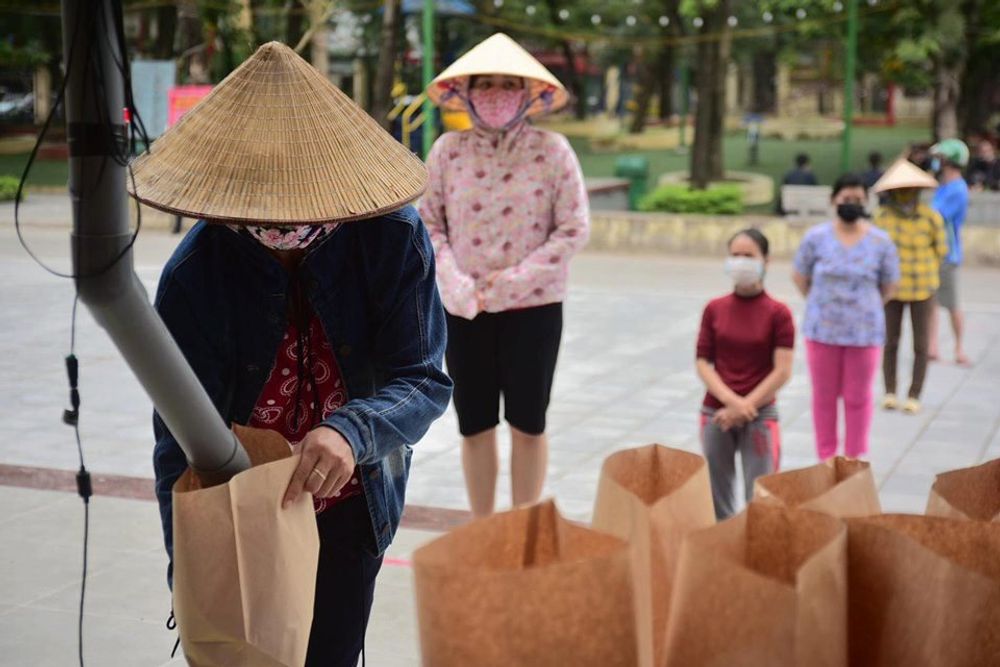
Let’s imagine further
In his blog, the founding director of the Sustainable Food Trust, Patrick Holden, lays out what the coronavirus pandemic could mean for the future British food security. Drawing a parallel from the United Kingdom’s resilient food system during World War II, https://buyiglikesfast.com/buy-instagram-likes/ he presents the current ‘just-in-time’ distribution system and its vulnerabilities. It is a powerful call: “We must turn this potential catastrophe into an opportunity manifesting as a renaissance in the production, distribution and consumption of healthy, seasonal and local food.” And as consumers play a key role to change the system from the bottom up, it may be time to check if our relationship with food is entirely rational. Bee Wilson’s feature in The Guardian might help. Find out more here.
What should farming look like in 2050, so that everyone is fed and healthy? Our current diet might be neither tenable nor generalizable for 10 billion human beings. The French NGO Solagro published in 2016 a scenario —Afterres2050— taking into account both the future needs and the current limits of the French food system. The featured guidelines could become a great roadmap to rebalance our diets, generalizing multifunctional agriculture and forestry, cutting back massively on protein imports to feed our livestock, such as soy, and reducing avoidable waste in all production stages. An English translation is available here.
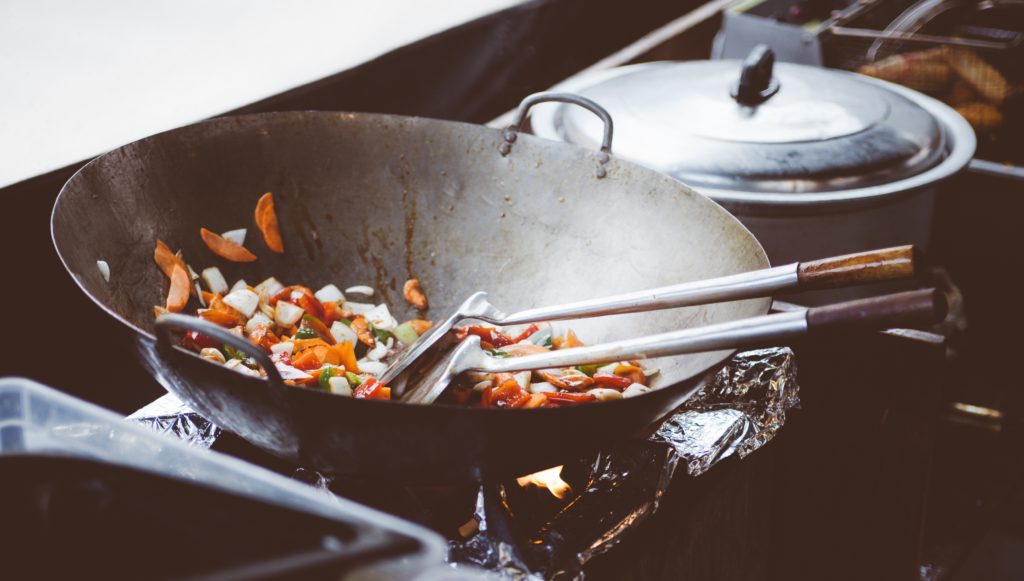
At Sparknews, are convinced that the coronavirus global outbreak will lead us to draw valuable lessons about our globalized economic system. Whether on matters like education, solidarity, biodiversity or our way of work, it will be up to us to return to the status quo once the health crisis is over, or to reshape everything. Discover our #SparkMinute on education, energy, and work.




